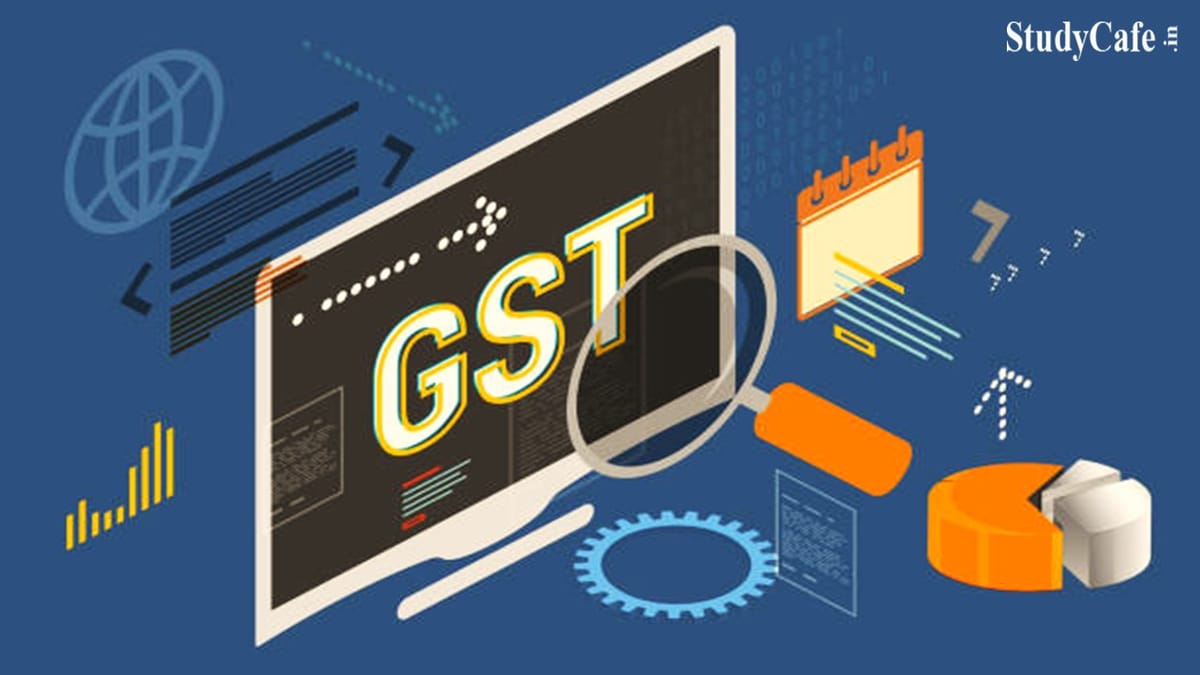Sushmita Goswami | Feb 10, 2022 |

GST Authority should not adopt coercive measures to recover GST: Rajasthan High Court
GST Authority may not compel a taxpayer to deposit GST or adopt coercive measures unless he or she follows the procedures set out in Section 74 of the CGST Act
The Rajasthan High Court has ordered the Goods and Service Tax Authority (GST) department not to compel taxpayers to deposit GST or adopt coercive measures unless they follow the procedure set out in Section 74 of the CGST Act.
The petitioner, M/s. Dhariwal Products, seeks to hold the respondent GST Department and its officials in contempt of the mandatory requirement of Section 74 of the CGST Act by conducting a search and seizure of the petitioner’s premises and coercing the petitioner to deposit a huge sum of Rs.11.5 crores during the course of search operations held on 05-06.01.2022.
Mr. Vikas Balia, Senior Advocate, argued that the respondent officials’ procedure for conducting searches on the petitioner’s premises without prior notice is completely illegal, unjust, and excessive. Despite being present at the petitioner’s residence, the GST Intelligence Officer issued a bogus summons to the petitioner’s representative for an appearance in the factory premises, and then forcibly extracted a confession from him. Even though there is no evidence of such short payment/evasion, the petitioner was required to deposit an amount of Rs.11.5 crores towards claimed GST evasion.
According to the division bench of Vinod Kumar Bharwani and Sandeep Mehta, the impugned action appears to have been taken without following the procedure set out in Section 74 of the CGST Act. Because the petitioner’s agent claims to have repudiated the confession, and the voluntary nature of the GST deposit pursuant to the search proceedings is substantially contested, Mr. Balia’s argument that the method set forth in Section 74 of the CGST Act must be followed has merit. The respondent authorities will not be able to obtain allegedly underpaid GST amounts by claiming it was a voluntary deposit if this procedure is followed, which is why a dubious procedure of issuing summons to petitioner under Section 70 of the CGST Act is being used, despite the fact that the petitioner’s/statement representative’s had already been recorded on the date of inspection/search.
“In furtherance of the search/seizure operations of 05.01.2022/ 06.01.2022 and the summons issued in pursuance thereof, no coercive steps shall be conducted against the petitioner/its representatives,” the court declared.
“The petitioner shall not be obliged to deposit any sum towards GST without adhering to the procedure specified under Section 74 of the CGST Act,” the court stated in a motion to reschedule the case for March 10, 2022.
The petitioners were represented by Senior Advocate Vikas Balia, who was accompanied by Mr. Sharad Kothari, Mr. Mayank Taparia, and Mr. Priyansh Arora.
To Read Judgement Download PDF Given Below:
In case of any Doubt regarding Membership you can mail us at contact@studycafe.in
Join Studycafe's WhatsApp Group or Telegram Channel for Latest Updates on Government Job, Sarkari Naukri, Private Jobs, Income Tax, GST, Companies Act, Judgements and CA, CS, ICWA, and MUCH MORE!"